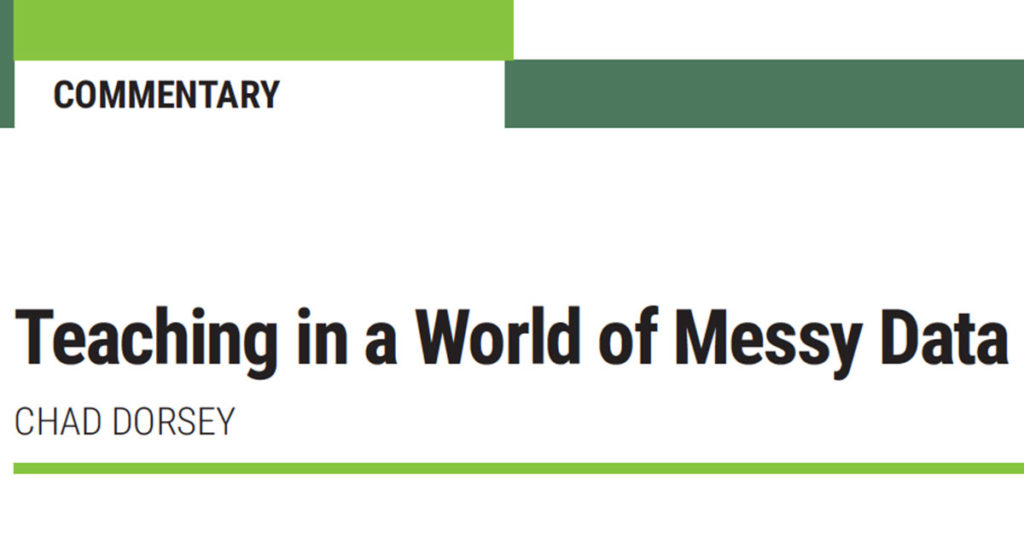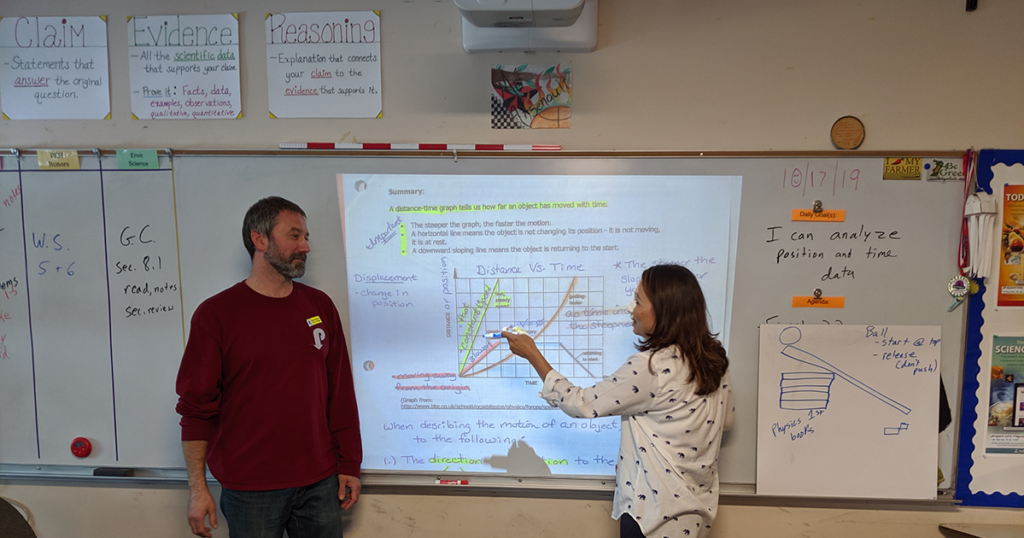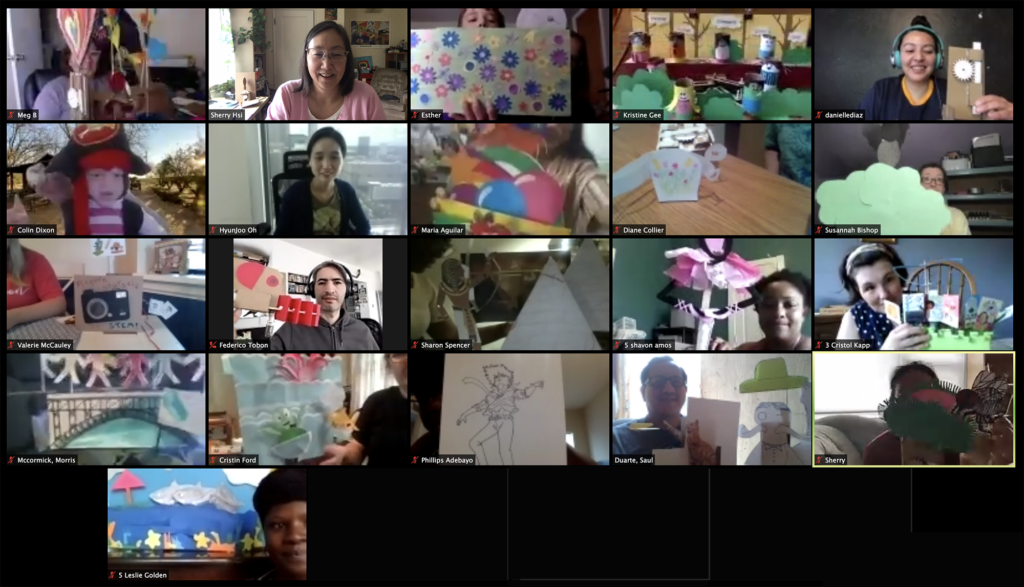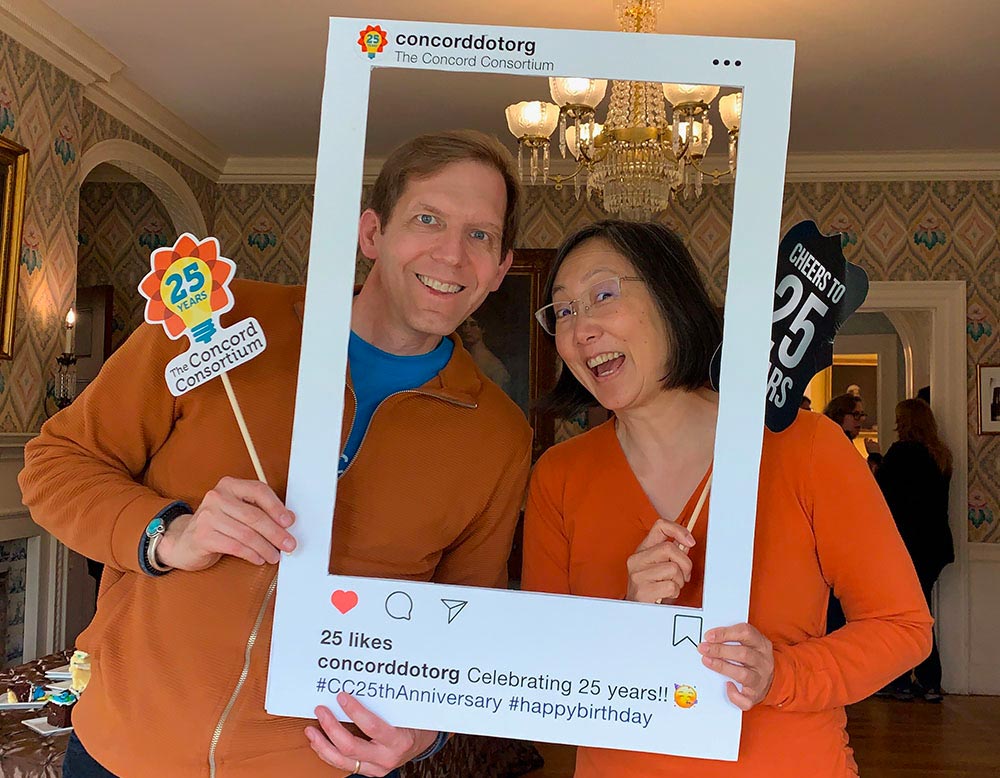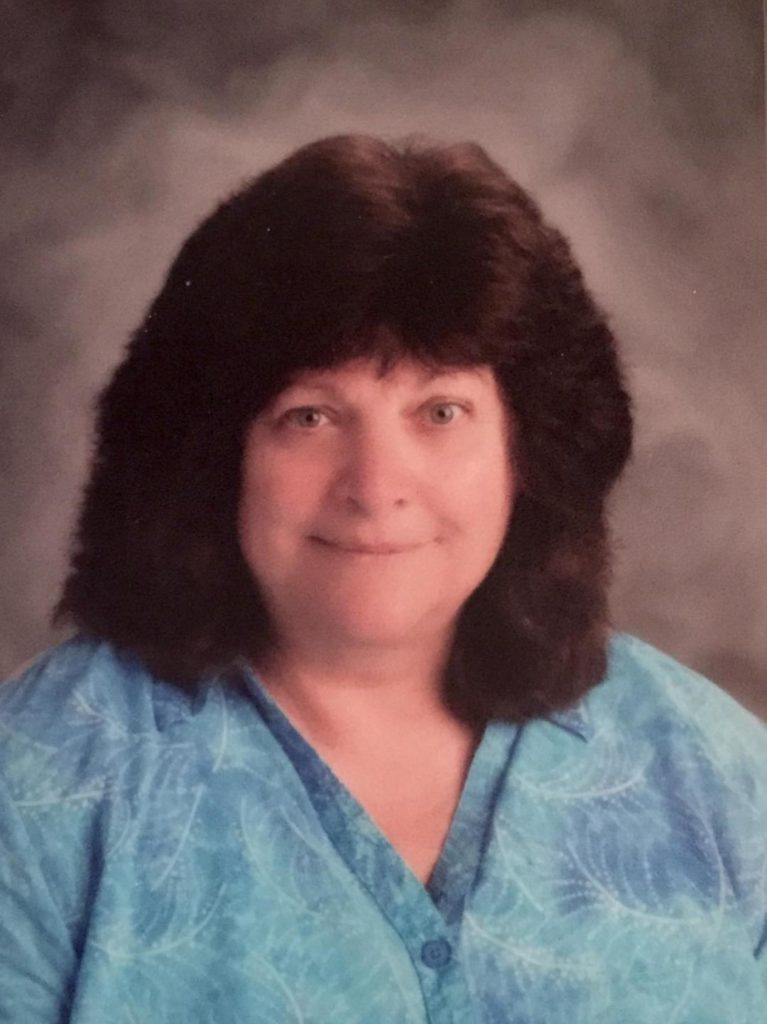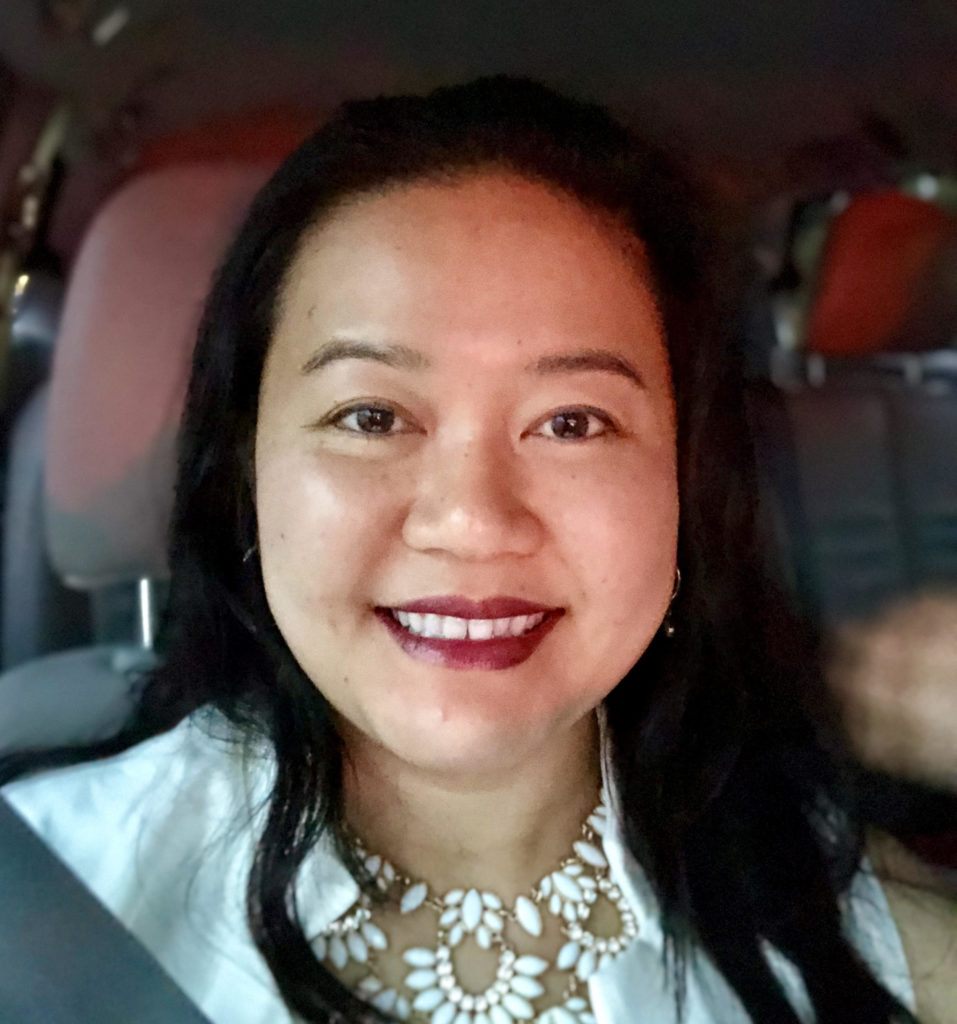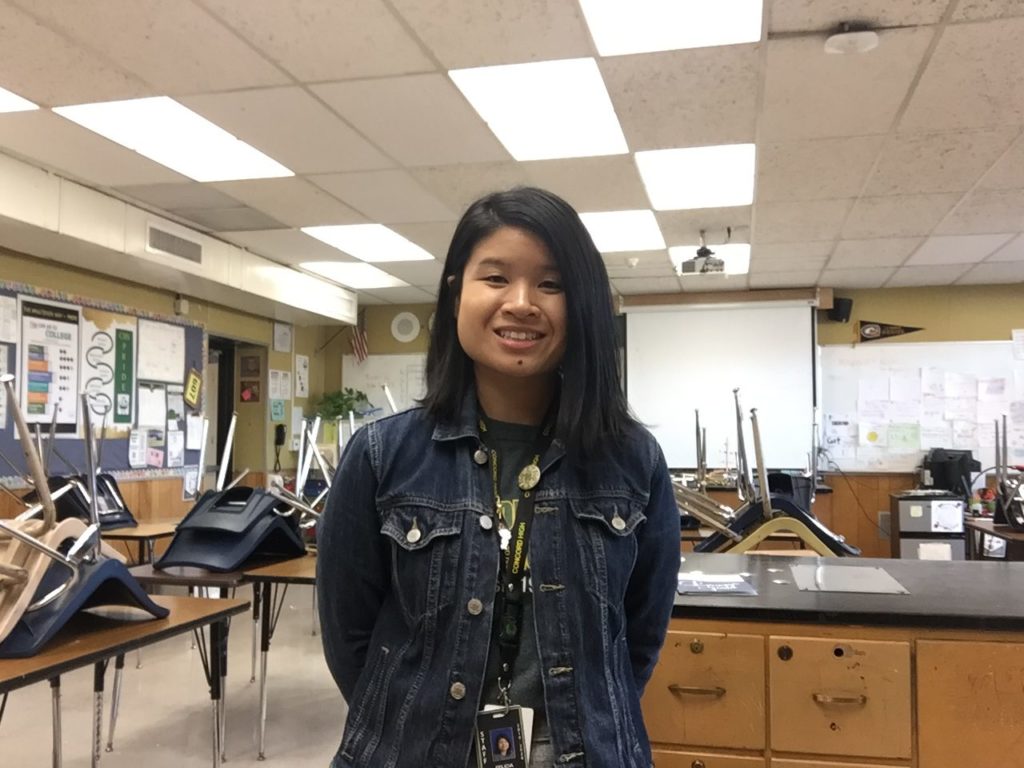Category: Innovation Lab
We published a record number of publications in 2022, including 15 journal articles and a book chapter. From articles for educators to implement free resources to research articles to inform the field, we wrote about a wide range of topics, including data science education, artificial intelligence, geoscience education, game-based learning, and more. Most of the […]
We published nine articles in researcher and teacher practitioner journals and one book chapter in 2021 that showcase innovations in STEM teaching and learning through technology. Learn how to design curricular materials that leverage digital tools for system modeling (#2), how to ensure powerful data learning experiences for all learners (#6), how to operationalize and […]
This year we published a dozen articles in researcher and teacher practitioner journals that showcase the state of the field in STEM educational technology in 2020. Learn what students with low and high spatial skills notice in computer visualizations of plate tectonics (#2), how students can experience authentic messy data exploration of meaningful questions (#10), […]
Educators know that learning happens not just in the classroom, but all the time and across all settings—from school and to home other formal and informal spaces. In learning sciences research, this is described by a learning ecology framework. Like an environmental ecosystem that sustains biodiversity, learning ecology is a set of complex relationships and […]
The year 2019 was a very special one for the Concord Consortium and we’re delighted to present the year in review with our top 10 news stories!
We’re making an impact with 12 publications in researcher and teacher practitioner journals that showcase the state of the field in STEM educational technology in 2019. Learn about a theoretical framework that positions students as data producers rather than merely data collectors (#10), automated text scoring and feedback in Earth science curriculum modules (#3, #12), […]
Kathleen Reynolds found her way to teaching after earning a bachelor’s degree in art history and then spending 20 years at home raising her children. When it came time to think about what to do next, she fondly remembered teaching nature lessons and maple sugaring at The Children’s Museum in Dartmouth, Massachusetts, and volunteering at an inner city day camp for five- and six-year-olds during college. “Becoming an early childhood educator seemed to be a good fit for me.” She’s been teaching kindergarten ever since—19 years.
“Only by making sense of what they are seeing and doing can students truly appreciate what science is and what scientists need to do to better understand our world,” says Ed Crandall.
He brings this sense of adventure to his life and his teaching. When backpacking in Alaska and hiking in Zion National Park, the extreme beauty nearly crumpled him. Ed was equally moved when he first saw Maxwell’s equations in a physics lecture. He now laughs about “being brought to tears by math.”
Khamphet (Phet) Pease had been teaching STEAM elective classes at Wilson Middle School for five years when she was named one of the five San Diego County Teachers of the Year in 2015. She was invited to throw the ceremonial first pitch at a San Diego Padres game. She continues to teach at Wilson—and to be recognized. This year she won an NCWIT Aspirations in Computing Educator Award, which celebrates formal and informal educators who encourage young women’s interest and participation in technology pursuits.
Felicia Yu would love to take a road trip up the West Coast with stops in Ashland (for the Oregon Shakespeare Festival), Portland, Seattle, and Vancouver. It’s no surprise that part of her dream vacation also includes “hitting up every major botanical garden along the way,” since she holds a master’s degree in horticulture.
